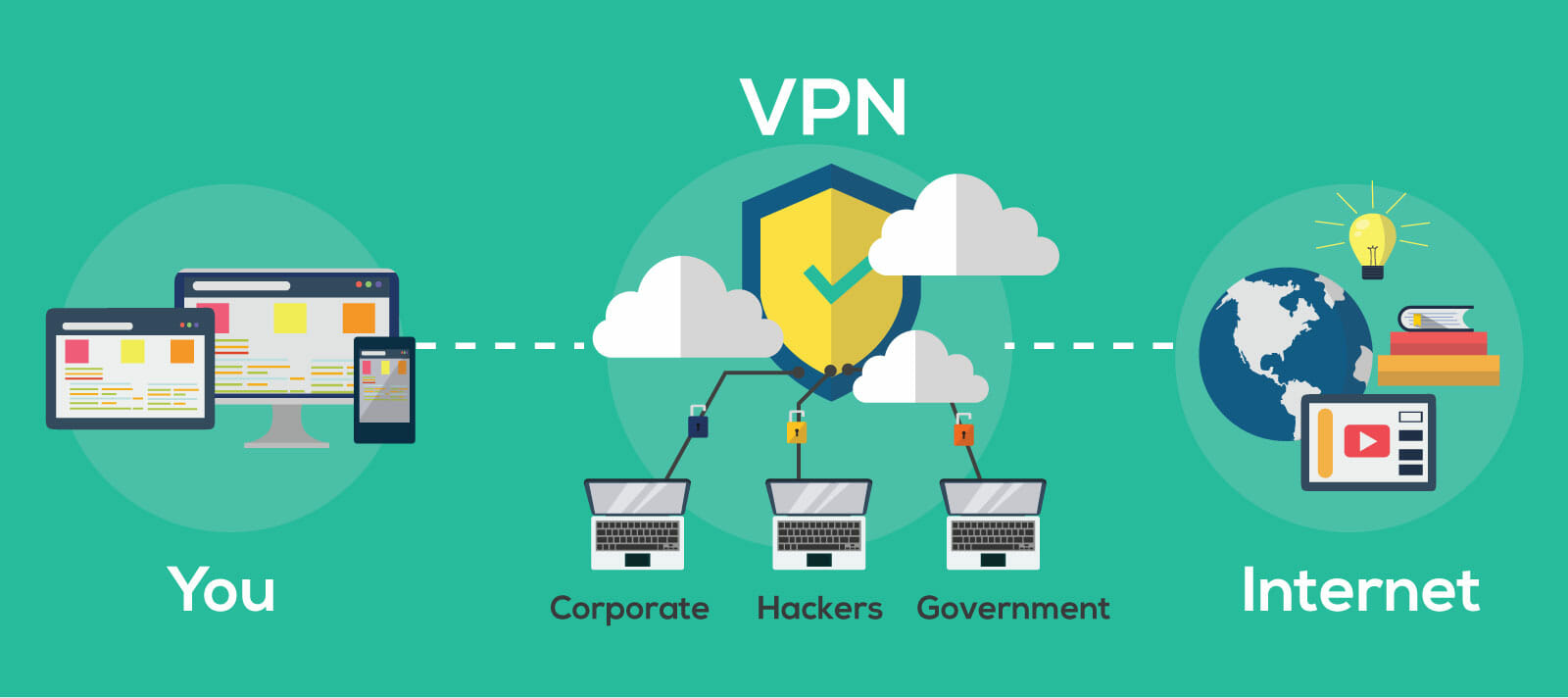Is your VPN secure? Here's what to look for

As of today, around 25 percent of internet users have a Virtual Private Network, also known as a VPN. Basically, it’s a software setup that’s supposed to provide you with a secure, encrypted data connection between your device and any other elsewhere on the internet. People use VPNs to remain anonymous on the web, protect their privacy, or access restricted content.
VPN companies encourage people to use their services, promising that their data encryption systems are secure. However, most of their customers don’t know how they can double-check whether they’re really getting what they’re paying for. In this article, we’ll try to answer some of the questions you might have about your VPN security. For more information, make sure you do your research and read more VPN services reviews to find the best one for you.
You have a VPN service. Can you still be tracked?
So, you chose a VPN service and you think you’re completely anonymous on the internet. That’s partially correct. Actually, your IP address has little to do with how you’re being tracked online. The target server can only determine the location of your ISP network infrastructure. In most cases, that’s the area where you live. However, you’re being tracked by other means. Most websites monitor your activities on various sites and applications, sometimes even recognizing your online behavioral pattern. To do this, they use complex tools, such as cookies.
Unfortunately, VPN services have no means of control over these aspects. What’s more, while not all VPN providers do this, some VPN services perform an action called “logging.” This means they help to route your connection and the request is logged and stored on their server. It’s another way for them to follow and record your online activities.
Are VPNs still worth it?
You may be disappointed that the level of security your VPN has to offer doesn’t cover all the aspects of your online activity. However, its services are still extremely valuable. First, it provides secure access to public networks. Your data is encrypted when you route your connection through a VPN. This means that your data is secured from being monitored and possibly tampered with.
Also, using a VPN allows you to bypass special restrictions. Some services may be restricted for you to access, based on your ISP or location. Some countries block users from accessing certain websites or restrict them from viewing specific content. With the help of a VPN, you can bypass these restrictions and get access to your desired content. What’s more, VPNs prioritize different features regarding your preferences.
Some of them focus on speed, which is essential if you want to stream videos on Netflix or YouTube. However, you won’t be concerned about service speed if you just want to browse the internet or chat with friends in different countries. Choose a VPN service according to your needs. If it’s high-quality, you’ll most likely be satisfied with it.
Testing your VPN’s security
If you want to find out whether your VPN is secure or not, you can use some web tools. They can help you verify whether your VPN connection is experiencing various kinds of leaks. For example, you can perform a DNS Leak Test. DNS (Domain Name System) is used to facilitate access to websites by translating domain names to corresponding IP addresses. However, translation requests can sometimes leak out of the VPN tunnel. That doesn’t mean your IP address is exposed. Nevertheless, the leak exposes the location and IP address of your Internet Service Provider (ISP), which can then be used to track your IP address. Use a VPN with its own encrypted DNS system if you want to avoid DNS leaks.
You can also perform an IP Address Leak Test. An IP address leak can happen as a result of reconnecting after a dropped VPN connection. During the reconnection phase, you can test whether your IP address has leaked or not. First, keep your VPN up and running, and disconnect your internet. After the connection dropped, connect again and run a rapid-fire IP test sequence. To do so, open multiple tabs of the IP testing website and refresh each of them as fast as possible. Stop refreshing and check the results once your VPN reconnects. If you can see your real IP address in a few tabs, it means you have a reconnection leak.
You have a leak. What next?
If you find out that our VPN leaks, immediately contact your VPN’s support team or helpdesk and ask to fix the issue. It’s essential to choose a VPN provider with reliable customer service, most preferably the one that offers help 24/7. Live chat feature also may come in handy if you would like to get your problem solved fast. Or, you can consider switching to another VPN service. This time though, try to choose a high-quality service. Your mishap with your current VPN provider may be a result of false advertising. Some VPN services target inexperienced users, and their marketing techniques are far better than what they really have to offer.
Remember that even though you chose to use a VPN, it won’t give you the security and anonymity you think you’re getting. However, it’s still very useful and has some undeniable advantages. Make sure you pick a reliable VPN provider, and you’ll be satisfied with their service!